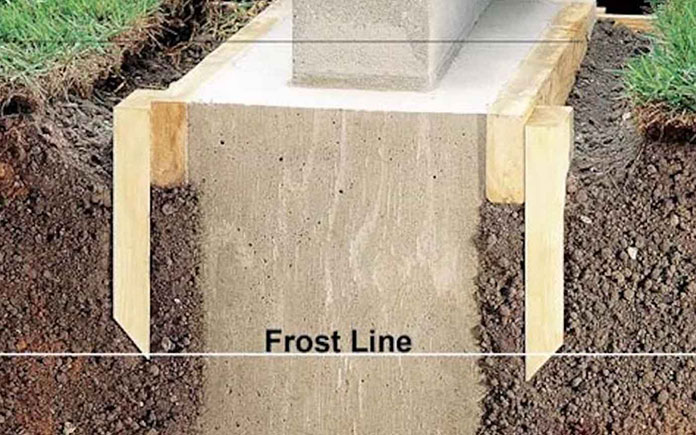[ad_1]
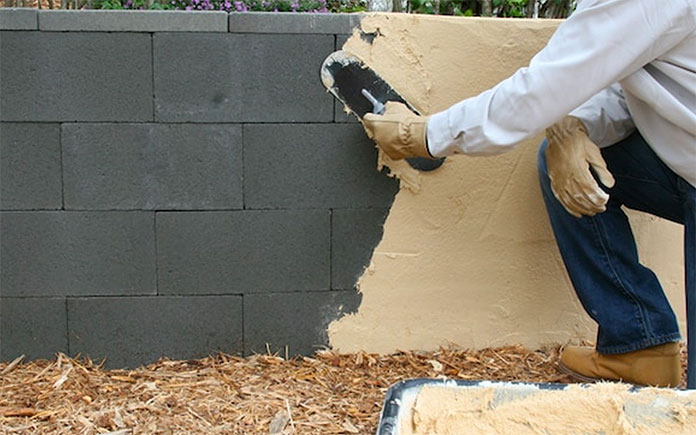
Concrete block partitions have several takes advantage of, ranging from household to professional.
Want to introduce texture and one of a kind structure aspects outdoors your dwelling? Contemplate using concrete blocks for an accent or backyard wall.
You also can use massive concrete blocks to create retaining walls, stability obstacles or huge bins for items and supplies.
Regardless of the venture, if the believed of tackling a block-and-mortar wall undertaking appears challenging, there is an easier remedy.
Working with dry-stacked concrete blocks and area-bonding cement, it can be much easier than you could feel to create a lower-servicing, very affordable accent wall.
The one-coat application of Quikrete Quikwall Floor Bonding Cement offers structural energy and a textured “stucco” end. It’s also exceptional for rehabilitating and waterproofing unpainted concrete partitions.
Here’s how to develop a concrete wall.
Products
How to Build a Wall with Quikrete Quikwall
All concrete block walls — both equally structural and non-structural — call for a reliable, poured concrete footing. Use Quikrete 5000 for footing development mainly because of its higher energy and rapidly it strengthens.
Poured concrete footings really should be at minimum two times the width of the concrete blocks you will use for the wall. Typical 8-by-8-by-16-inch blocks would need a 16-inch-extensive footing.
Make certain the footing depth extends below the frost line this is the depth wherever groundwater in the soil is envisioned to freeze. If you don’t extend footings under the frost line, your concrete basis could change soon after frozen groundwater thaws.
In addition, examine neighborhood building codes for construction specifications.
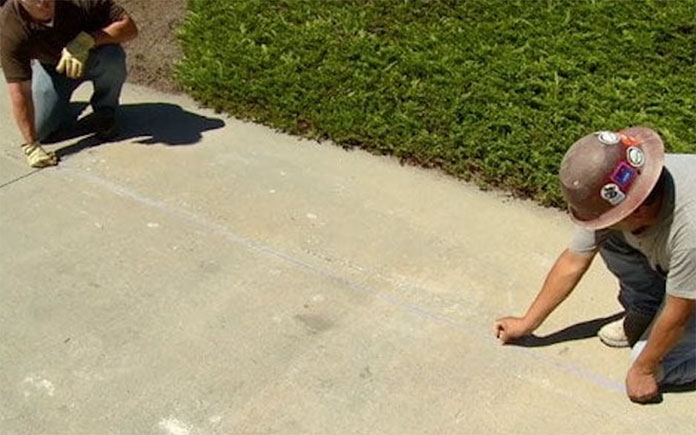
2. Lay the Initial Program of Blocks
As soon as the footing has treated, dry-lay the first row of blocks on prime of the footing and chalk-mark the block positions applying a level and mason’s line for precision.
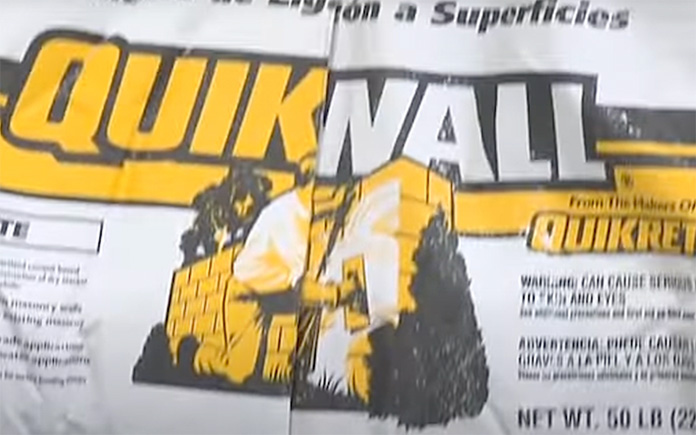
3. Include the Quikwall Bed
Remove the blocks and lay a ⅛-inch bed of Quikwall on the footing. The Quikwall blend ought to be workable but firm plenty of to aid the fat of the 1st program.
You can combine it by hand or machine the sizing of your challenge will ascertain which technique you select. Hand mixing can be done in a mortar tub or a wheelbarrow with a mixing hoe.
A single 50-pound bag of Quickwall will address about 50 sq. ft at about ⅛-inch thick. Protection may perhaps range dependent on the texture and thickness of your final software.
Each bag involves a gallon of drinking water you can increase additional drinking water in modest amounts, as required, to get a workable blend.
Incorporate liquid cement color if you want a ornamental stucco end. 50 percent of a 10-ounce bottle of Quikrete liquid cement color should colour just one bag of 50-pound Quikwall.
To get a consistent shade throughout the blend, mix the liquid cement coloration into the mixing h2o right before incorporating it to the Quikwall blend. Applying the identical shade-to-water ratio will sustain coloration uniformity from batch to batch.
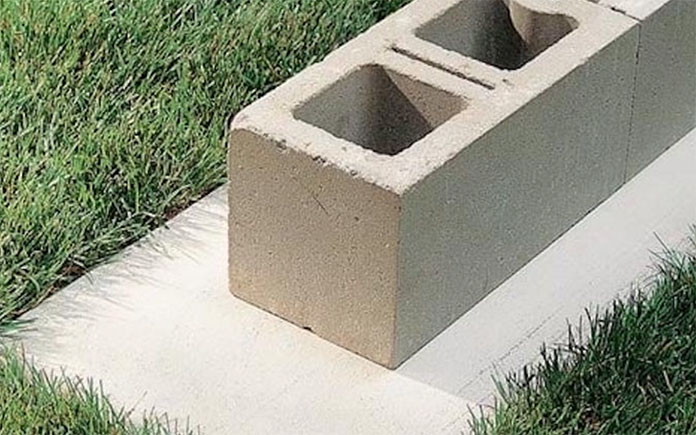
4. Lay the Base Course
Established the bottom system of concrete blocks. Utilizing a level, examine your alignment each 3 to four blocks.
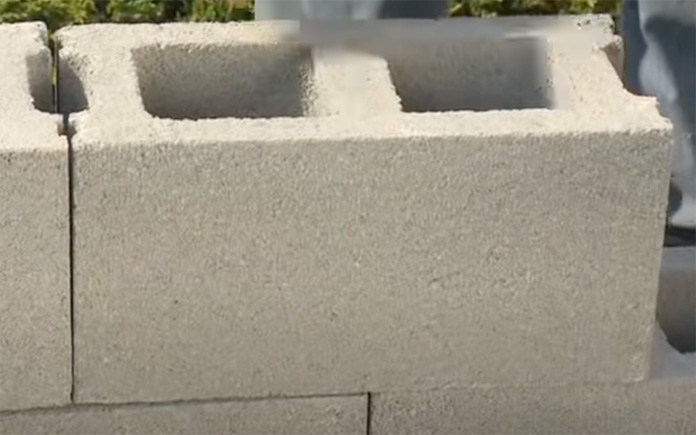
5. Dry-Stack the Remaining Blocks
Once you’ve set the initially program of blocks, dry-stack the remaining blocks in a working-bond sample to the wanted peak — all corners ought to use an interlocking pattern.
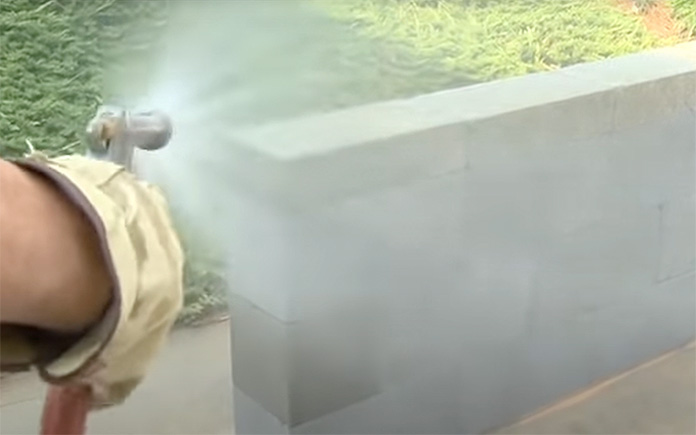
6. Dampen the Blocks
Carefully dampen the block wall with h2o. This is vital for the reason that dry blocks will draw water from the blend, generating it complicated to complete. This also can cause inconsistent colour and cracking, primarily in warm temperatures.
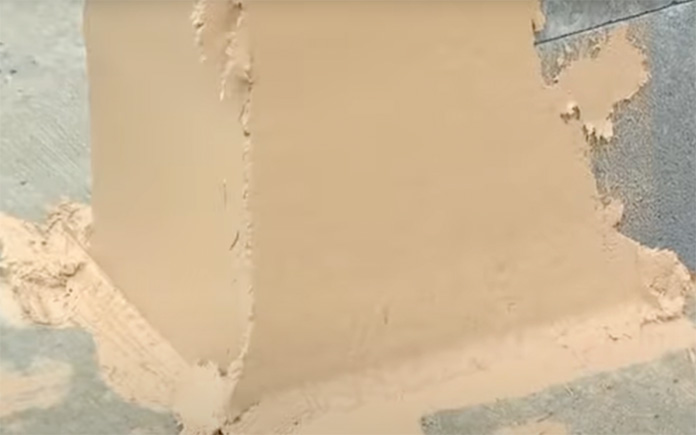
7. Utilize the Quikwall
Implement a regular ⅛- to ¼-inch coat of Quikwall to each sides of the block. Use a sq. ending trowel held at a 45-degree angle and do the job from the base of the wall to the best, masking the wall’s full surface.
To texture your concrete wall, use a bristle-brush broom. Apply on a block or sheet of cement board to best your method.
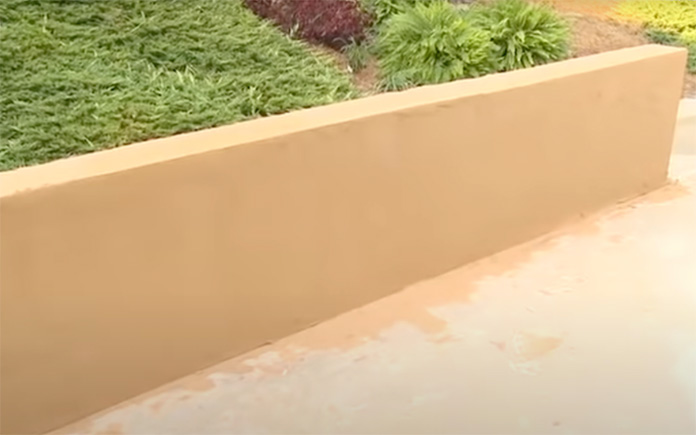
8. Overcome the Surface area
Moist-overcome the wall soon after 8 hours by dampening it with a fine spray. Repeat spraying numerous occasions daily for a few days. This is vital to obtain color consistency and avert floor cracks.
Check out a movie on how to create a dry-stack concrete block wall listed here.
[ad_2]
Supply website link
